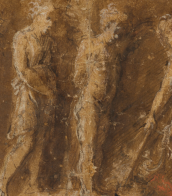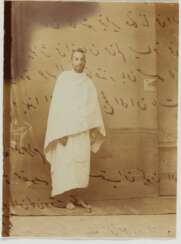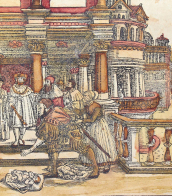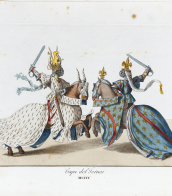portrait of a traveler
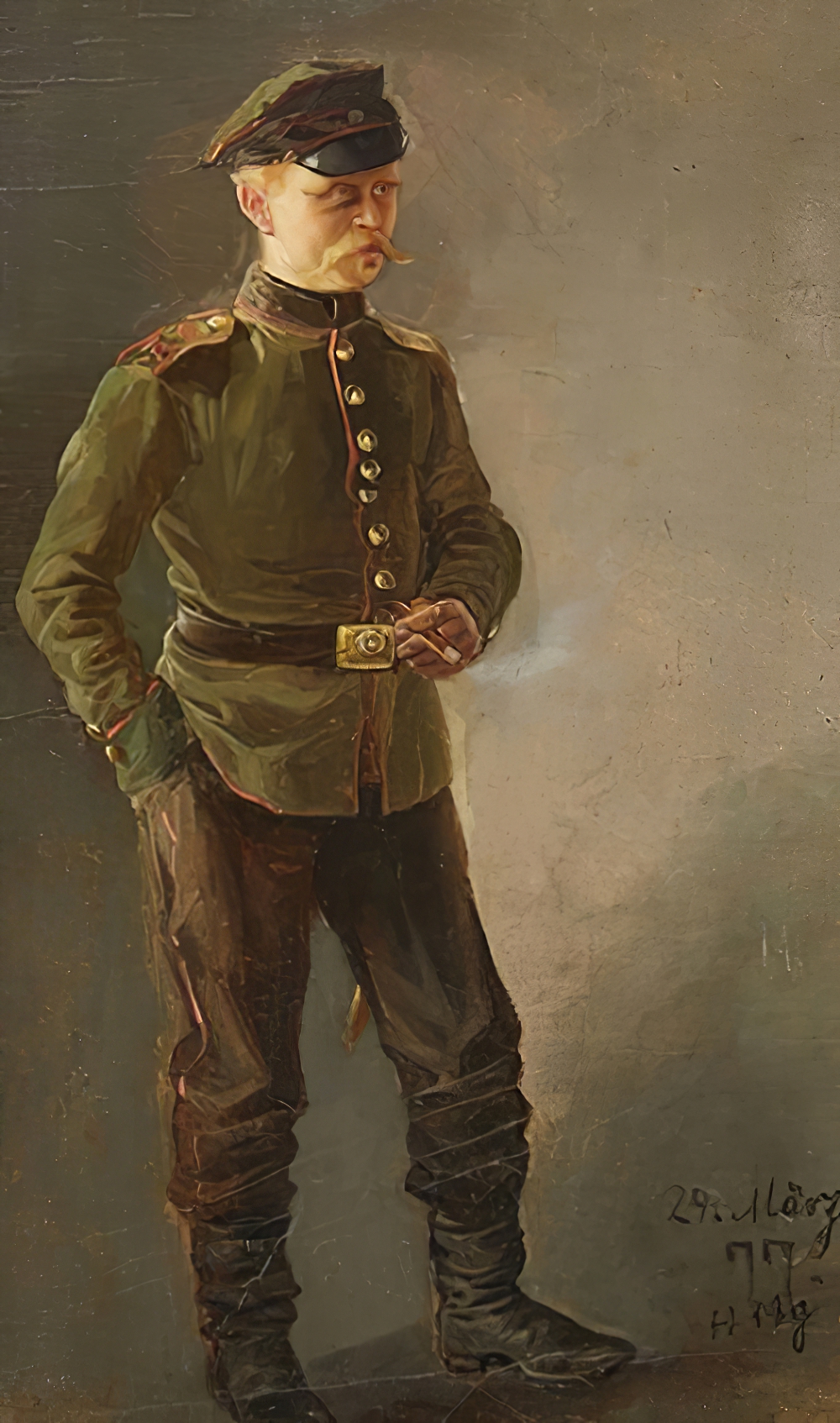
Hugo Mühlig was a German Impressionist painter. From 1881, he lived in Düsseldorf as a painter of landscapes and genre scenes.
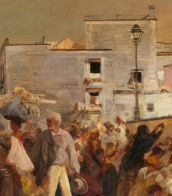
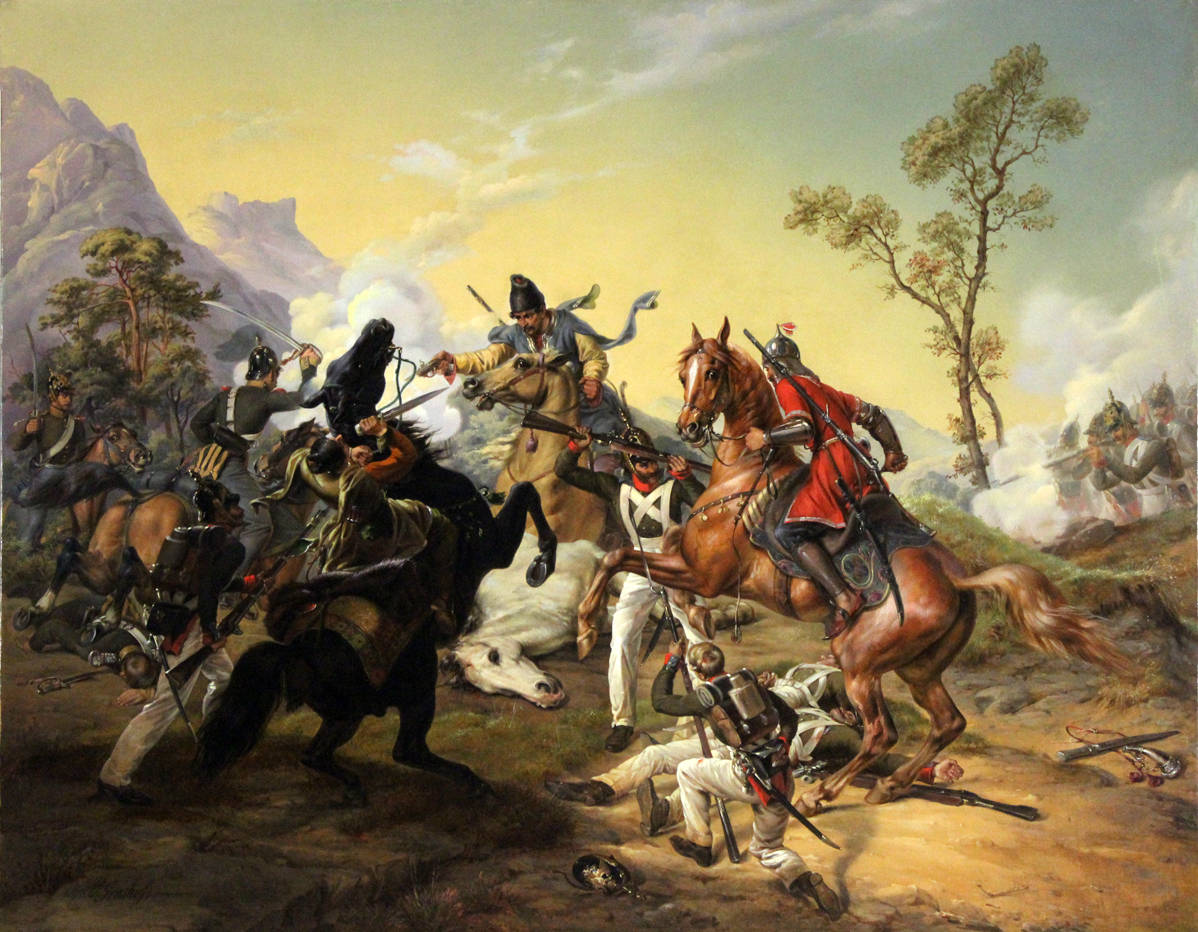
Otto Grashof was a German painter of the mid-nineteenth century. He is known as a draftsman, engraver, and portrait painter. He also did historical painting, battle-painting, animal studies, and landscape art. Grashof is considered one of the founders of Chilean painting.
Grashof went to St. Petersburg in 1838, where he carried out portrait commissions for the aristocracy, and some of his works ended up in the collection of Emperor Nicholas I. Later he visited Chile as well as Brazil. He held the titles of "painter to the Russian emperor and Brazilian court painter."
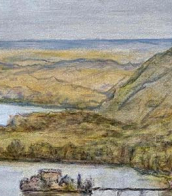
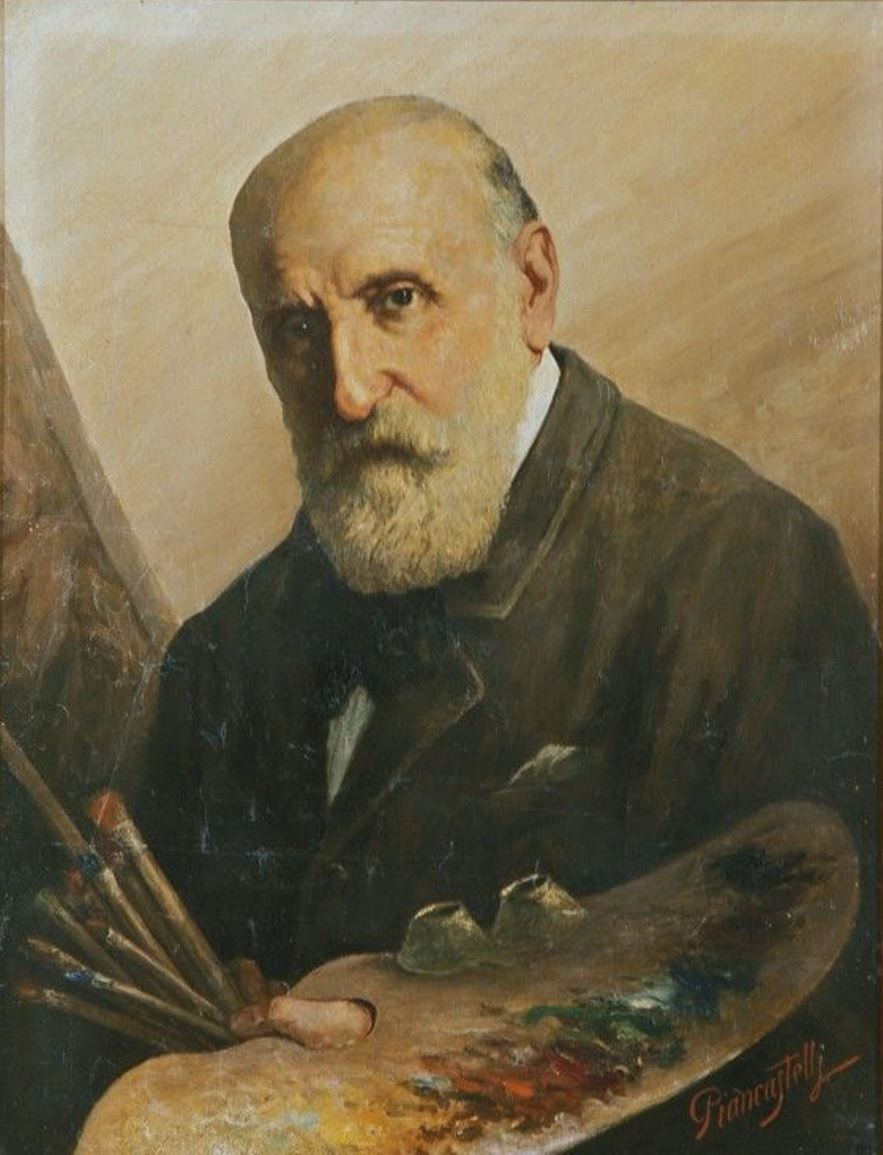


Otto Grashof was a German painter of the mid-nineteenth century. He is known as a draftsman, engraver, and portrait painter. He also did historical painting, battle-painting, animal studies, and landscape art. Grashof is considered one of the founders of Chilean painting.
Grashof went to St. Petersburg in 1838, where he carried out portrait commissions for the aristocracy, and some of his works ended up in the collection of Emperor Nicholas I. Later he visited Chile as well as Brazil. He held the titles of "painter to the Russian emperor and Brazilian court painter."

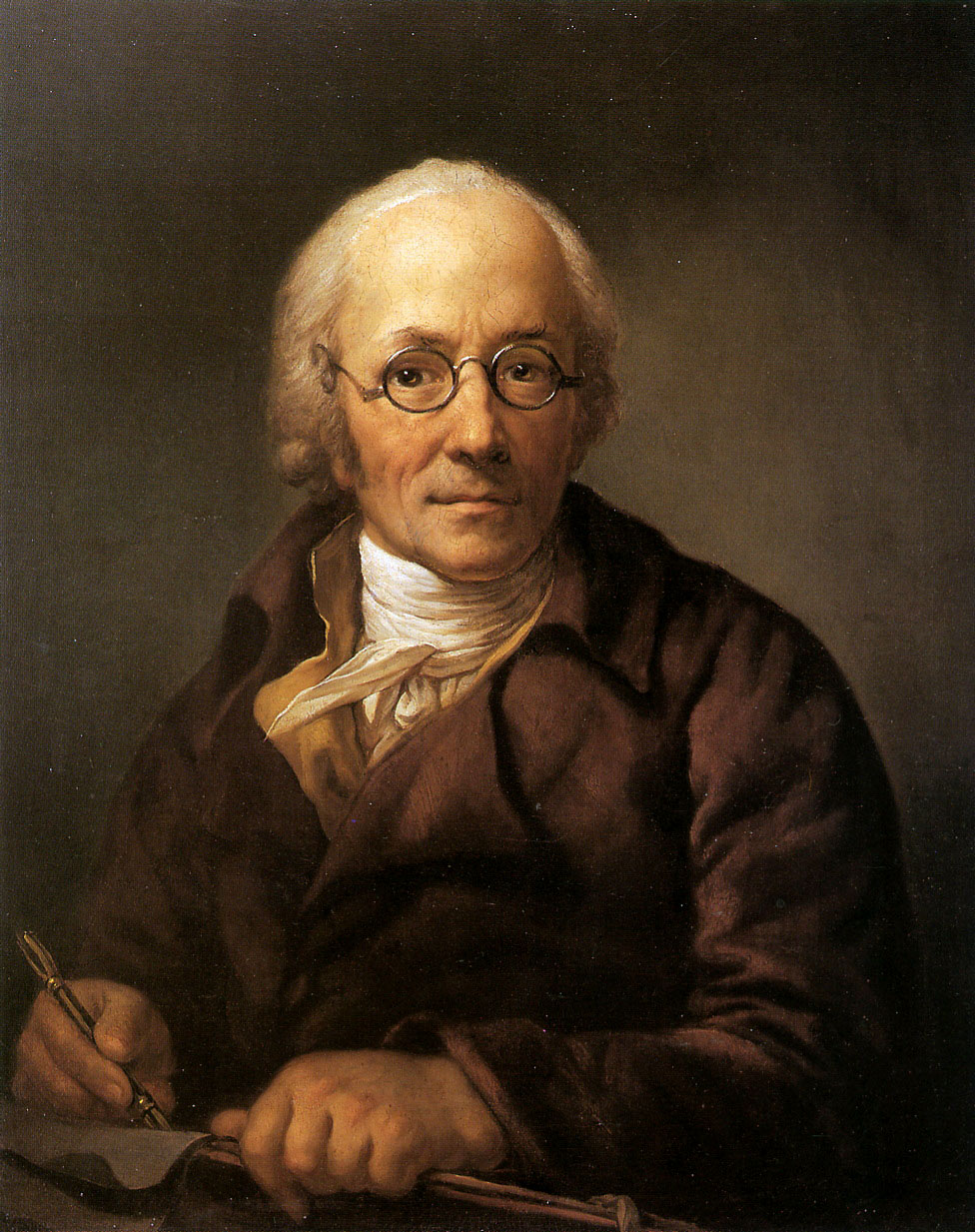
Anton Graff was an eminent Swiss portrait artist. Among his famous subjects were Friedrich Schiller, Christoph Willibald Gluck, Heinrich von Kleist, Frederick the Great, Friederike Sophie Seyler, Johann Gottfried Herder, Gotthold Ephraim Lessing, Moses Mendelssohn and Christian Felix Weiße. His pupils included Emma Körner, Philipp Otto Runge and Karl Ludwig Kaaz.
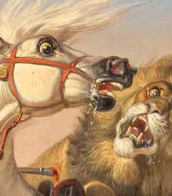
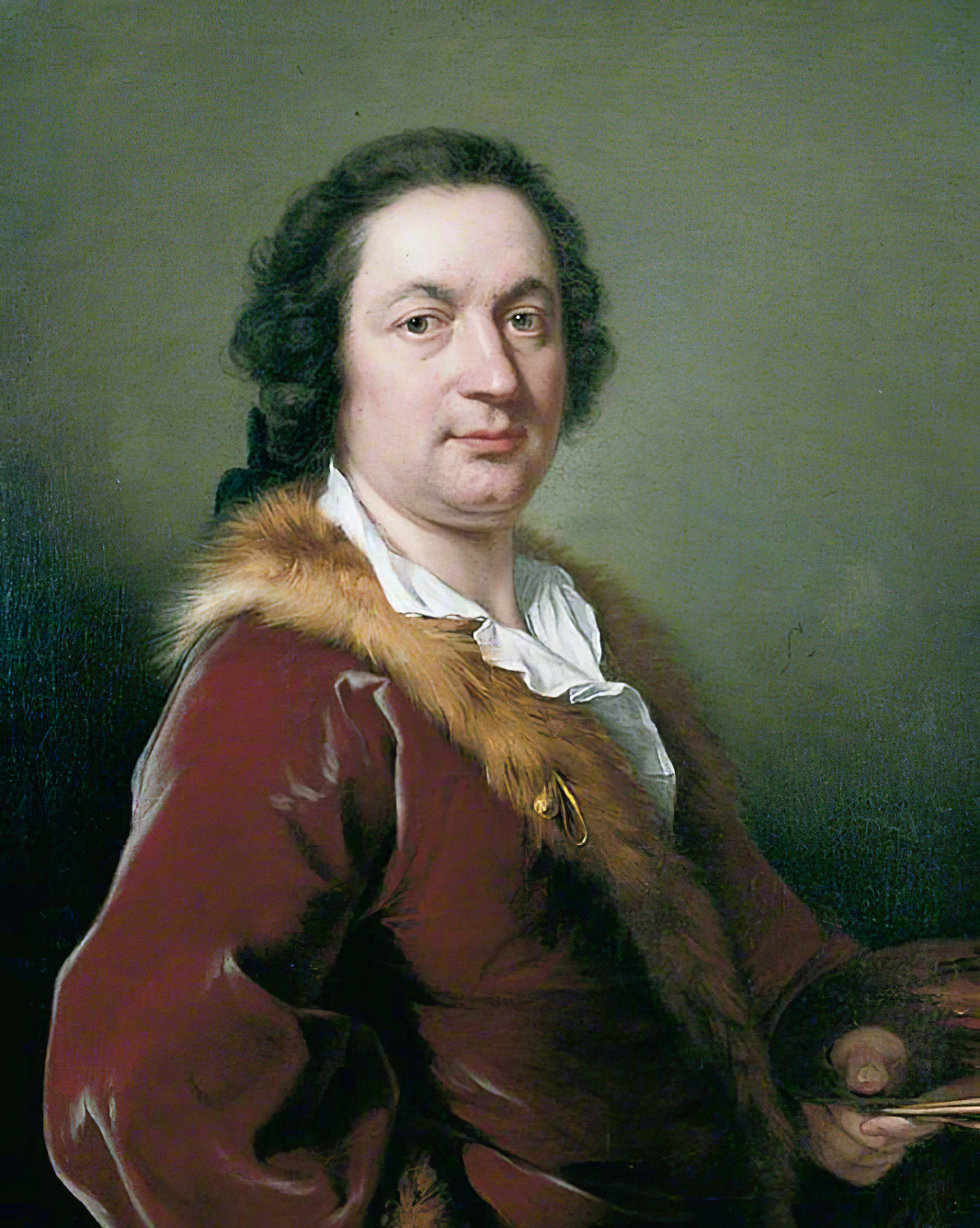
Andrea Soldi was an Italian portraitist active in Britain.
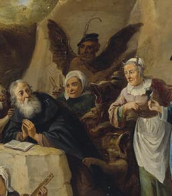
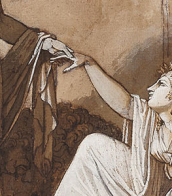
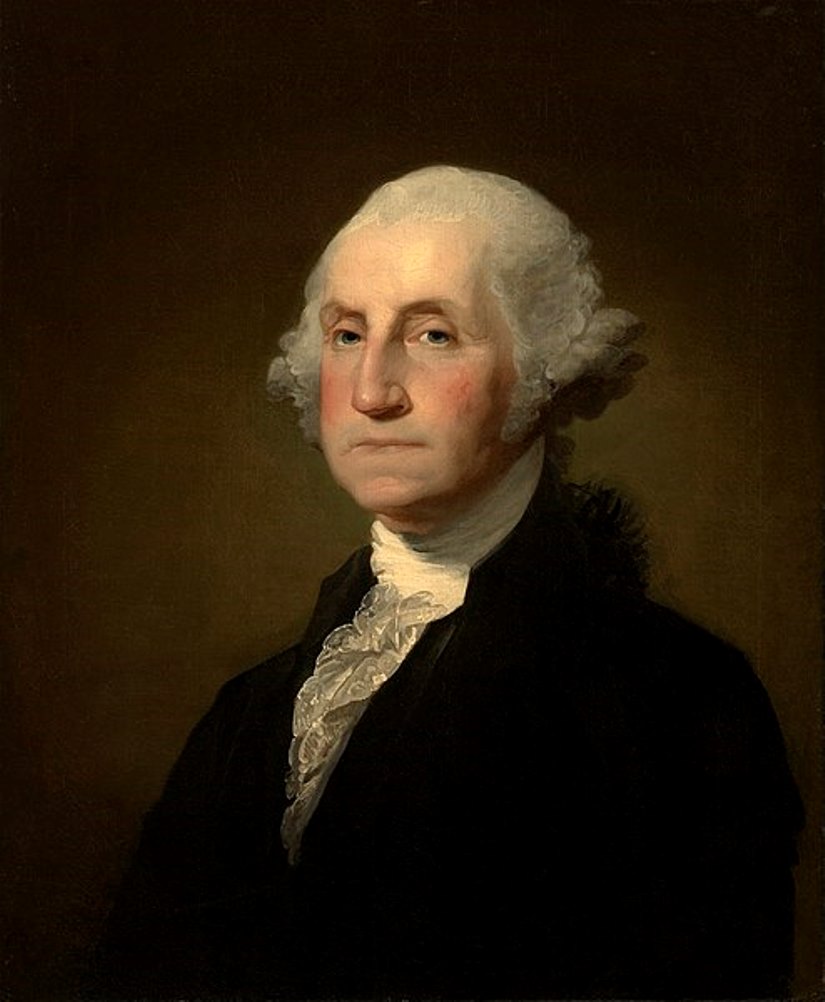
George Washington is the first popularly elected president of the United States of America and one of the founding fathers of the United States.
Born into a noble family in colonial Virginia in February 1732, George Washington served as a Virginian officer with British troops during the French-Indian War (1754-1763) from 1754-1758. This was a territorial war fought largely between the colonies of Britain and France that escalated into a worldwide conflict between the two countries. J. Washington was at the center of the conflicts in the disputed Ohio River Valley area.
In June 1775, he was elected commander-in-chief of the Continental forces in the war already for independence from Great Britain. He commanded American troops throughout the war, becoming famous for his perseverance and bravery.
In 1787, J. Washington represented the state of Virginia as a delegate to the Constitutional Convention. This convention created the Constitution of the United States. In 1789, the Electoral College unanimously elected George Washington president, and in 1792 he was re-elected for a second term. Thus George Washington was in office as President of the United States from April 30, 1789 to March 4, 1797.
As head of state, he helped to strengthen the Union, implement the principles of the Constitution and build the capital of the United States. He was engaged in the formation of the central authorities and system of government, created precedents for the institution of presidents, encouraged the development of the economy, maintained friendly relations with Congress. In foreign policy Washington avoided interference in the affairs of European states.
After leaving the post of president, George Washington lived in Mount Vernon Manor.

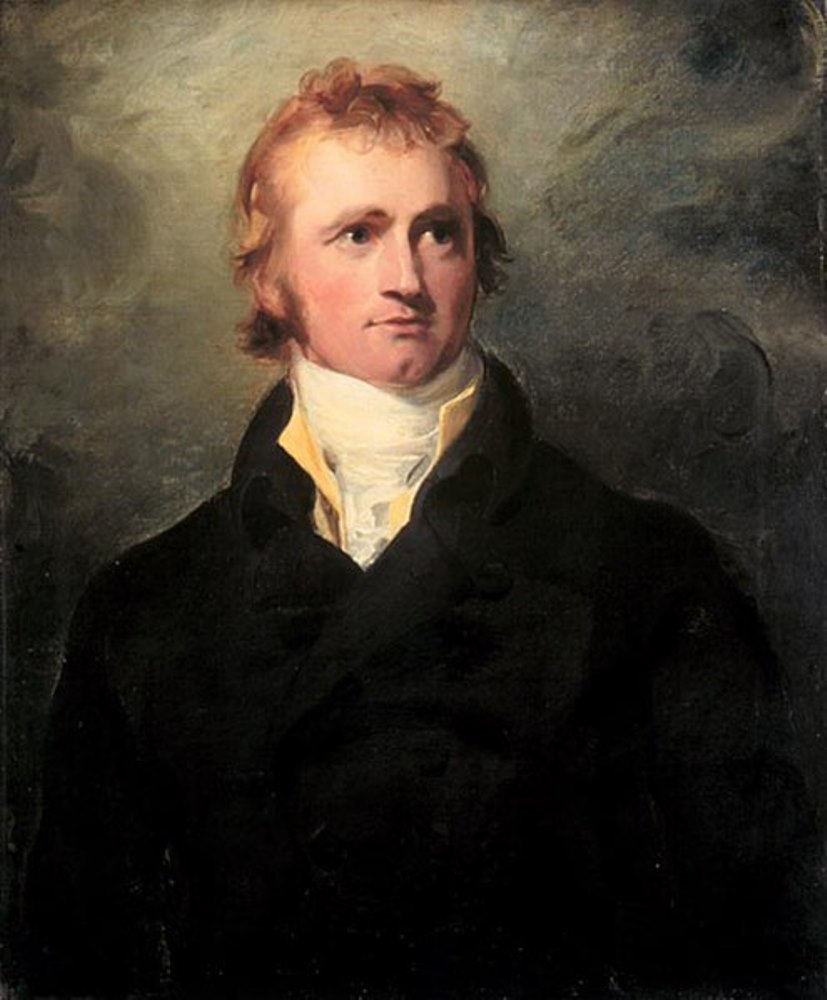
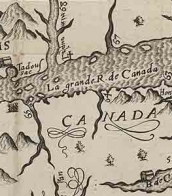
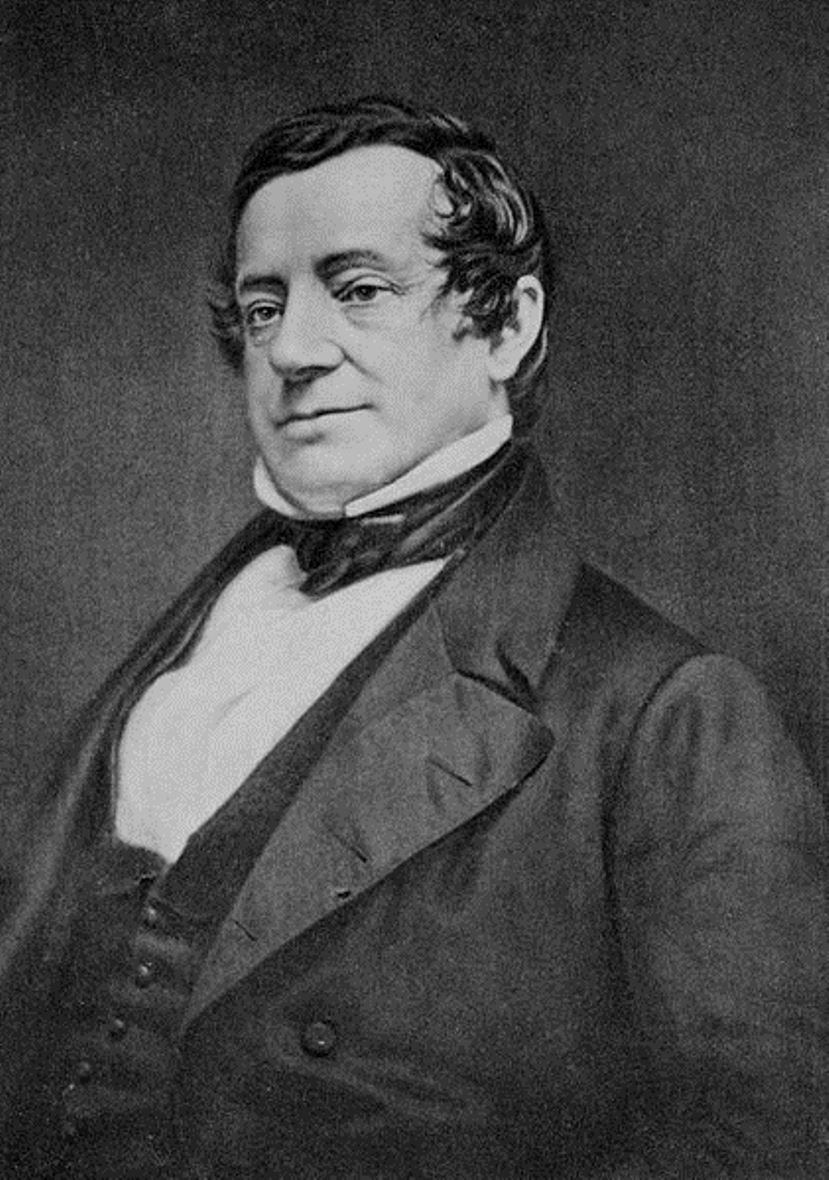
Washington Irving was an American Romantic writer, historian, and diplomat.
Irving has been called "the first American writer" to be recognized in Europe. In 1815, he traveled to England on family business. A huge success in England and the United States was The Sketch Book, published in several installments during 1819-1820, which contained two of the author's most famous works, Rip Van Winkle and The Legend of Sleepy Hollow, and which made him a literary star in both England and the United States.
He continued his literary endeavors and worked at the U.S. Embassy of Great Britain. Returning to the United States in 1832, Irving visited some little-known territories near the western fringes of the country, and this journey inspired his works Journey on the Prairie (1835), Astoria (1836), and The Adventures of Captain Bonneville (1837). Late in life he published several historical and biographical works, including the five-volume Life of George Washington (1855-1859).
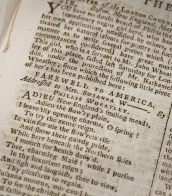

William Shakespeare was a British poet and playwright and writer.
William's father, John Shakespeare, was a merchant and official in Stratford. There are reports that he was a sailor for a time before joining a theater company in London. Beginning in the 1590s, Shakespeare began writing plays, and in 1593 he published a poem, Venus and Adonis, which became popular. He dedicated it to the Duke of Southampton, who was a philanthropist and patron of talent, and soon his business was booming.
From 1592 to 1600 Shakespeare wrote his dramas and romantic comedies "Richard III", "The Taming of the Shrew", "Romeo and Juliet", "A Midsummer Night's Dream" and "The Merchant of Venice", as well as the comedies "Much Ado About Nothing", "Twelfth Night" and the tragedy "Julius Caesar". The playwright's business was so successful that he even bought a large house in Stratford. In 1599, Shakespeare became one of the owners, playwright and actor of the new theater "Globe". In 1603 King James took Shakespeare's troupe under his direct patronage. In the mature period, the great playwright turned to tragedies, there were "Hamlet", "Othello", "King Lear", "Macbeth" and others.
Although in the 19th century researchers had some doubts about the authorship of many of these works, William Shakespeare is considered the greatest English playwright, one of the best playwrights in the world. His plays have been translated into all major languages and to this day form the basis of the world theatrical repertoire, most of them have been screened many times. According to the Guinness Book of Records, Shakespeare remains the world's best-selling playwright, and his plays and poems have sold more than 4 billion copies in the nearly 400 years since his death.

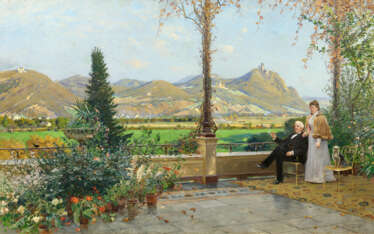



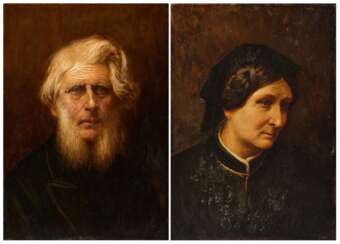

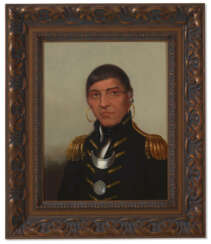

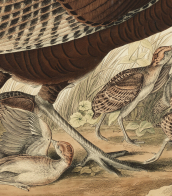


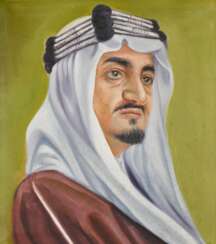

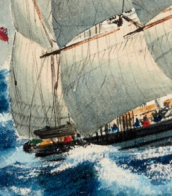


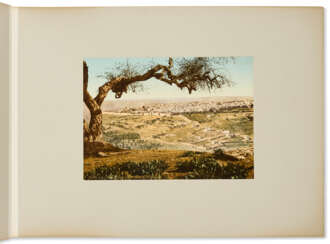

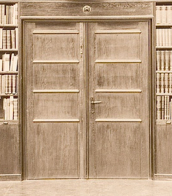
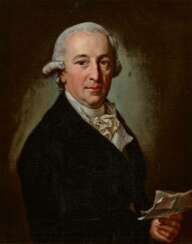

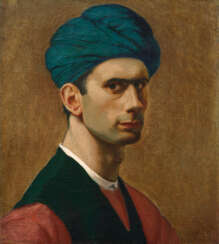

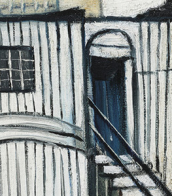


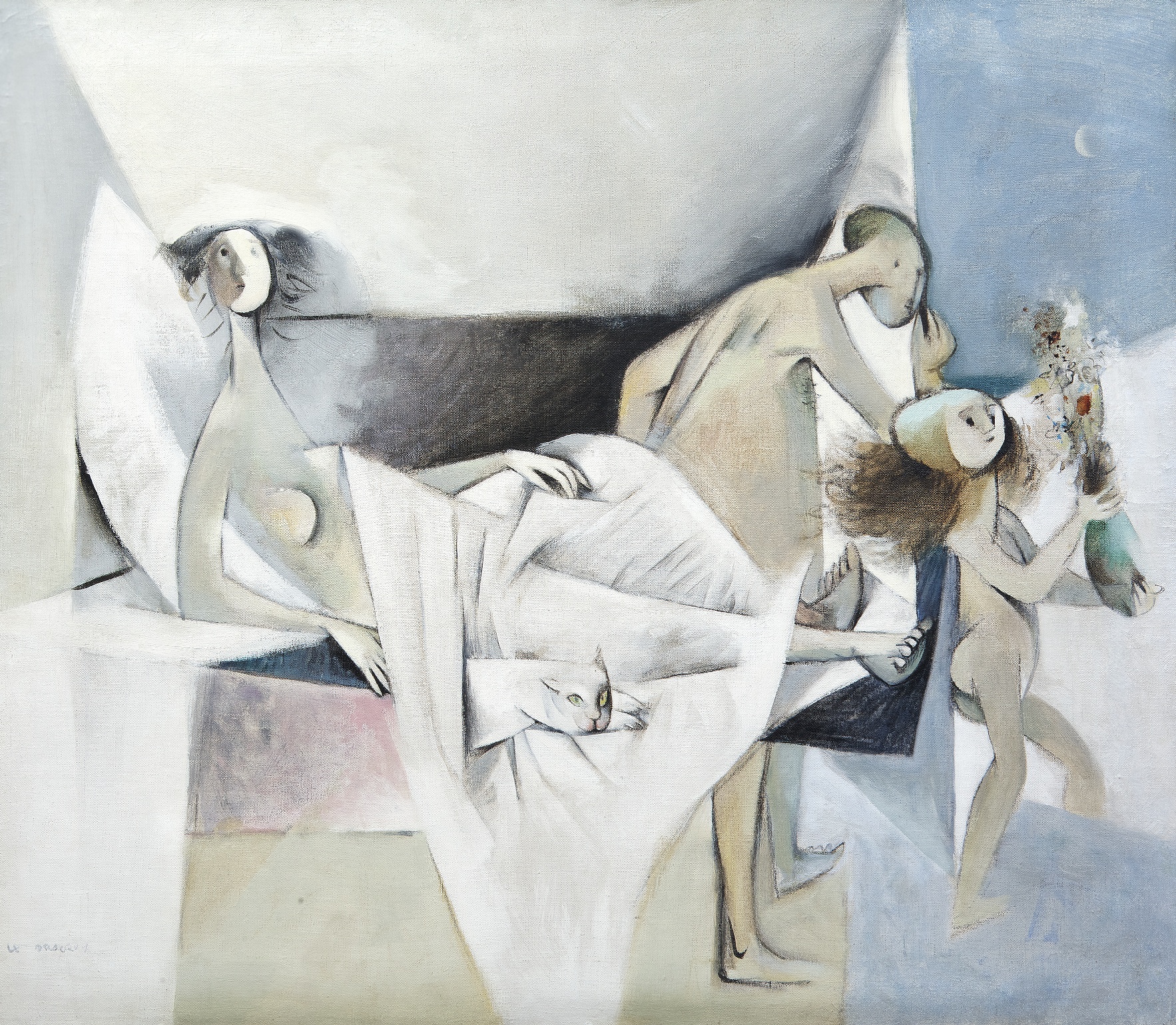
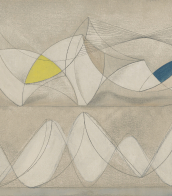


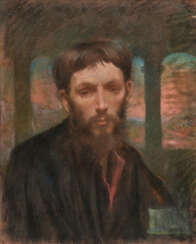

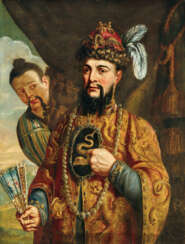

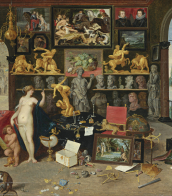


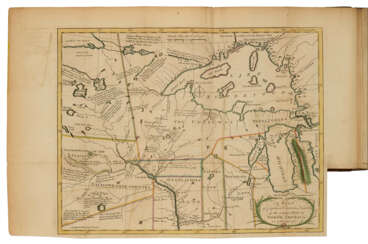

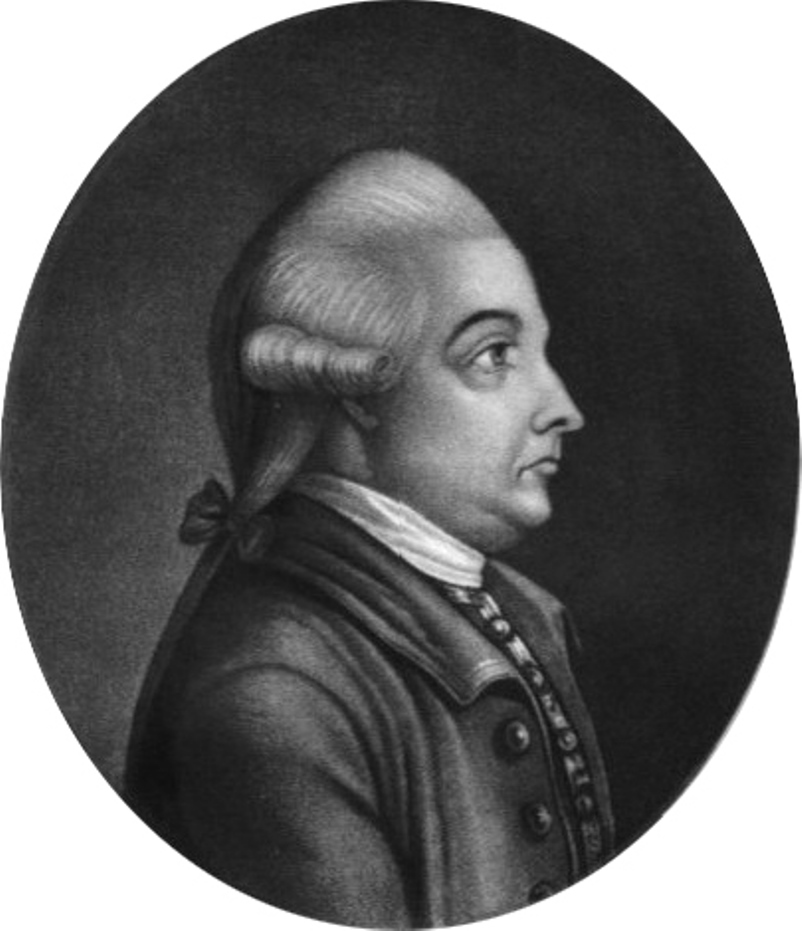


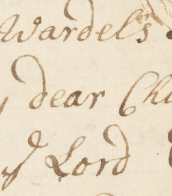
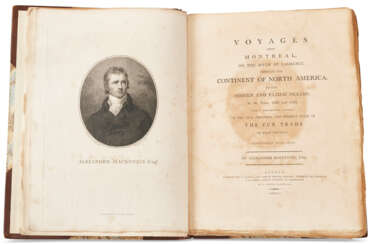





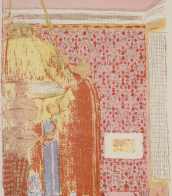


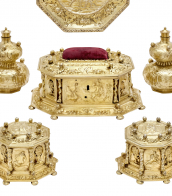




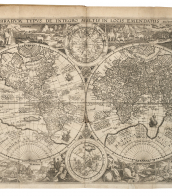


![[EDEN FAMILY].](/assets/image/picture_2401300/09288/27194d0df96e4e435d45054c0693e4f31666303200jpg__fix_374_244.jpeg)
![[EDEN FAMILY].](https://veryimportantlot.com/assets/image/picture_2401300/09288/27194d0df96e4e435d45054c0693e4f31666303200jpg__fix_374_244.jpeg)
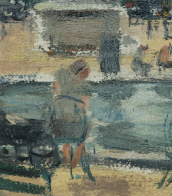
![[Four Indian Kings of Canada]](/assets/image/picture_2155617/8cf1c/f5c7262754e9e14e95fdfc2839f68f8f1653429600jpg__fix_374_244.jpeg)
![[Four Indian Kings of Canada]](https://veryimportantlot.com/assets/image/picture_2155617/8cf1c/f5c7262754e9e14e95fdfc2839f68f8f1653429600jpg__fix_374_244.jpeg)


